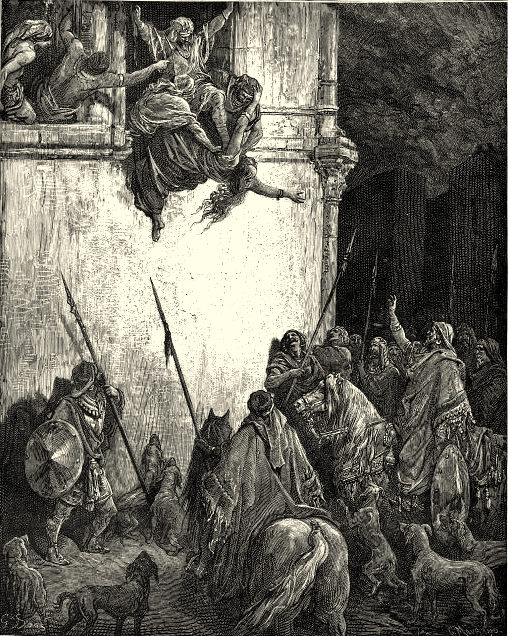Cet article a été écrit par Jonathan Goldberg, que je remercie. Une traduction en français sera publiée prochainement sur ce blog.
The French word fenêtre is translated into English as “window” (although other words for “window” are vitrine, hublot, vitrail, guichet and créneau, depending on the context). There is clearly no etymological connection between fenêtre and ”window”. However, there are several related words in English which, like fenêtre, are derived from the Latin fenestra.
Fenestra – This word is used to indicate different kinds of openings in anatomy, zoology and architecture: an aperture to restore hearing in the medial wall of the middle ear or the opening in a bone created by surgery; a transparent spot or marking on the wing of a moth or butterfly; and a window-like opening in a building.
Fenestration has different meanings in the context of medicine, architecture and furniture: it is a medical procedure to create an opening in different parts of the body, e.g. fenestration of heart valves; the design and arrangement of exterior openings of a building; and an ornamental motif in furniture in the form of a blind arcade.
More interesting than these technical terms, however, is the word defenestration, which refers to the act of throwing someone or something out of a window. According to Wikipedia, the term originates from two incidents in history, both of which occurred in Prague. In 1419, seven town officials were thrown from the Town Hall, precipitating the Hussite War (or Bohemian War). In 1618, two Imperial governors and their secretary were tossed from Prague Castle, sparking the Thirty Years War. These incidents, particularly that of 1618, were referred to as the “Defenestrations of Prague” and they gave rise to the term and the concept.
The mysterious death of the Foreign Minister of Czechoslovakia, Jan Masaryk, in 1948 has been named “The Third Defenestration of Prague” by those who believe that he had been thrown out of a window of the Czech Foreign Ministry after his body was found in the ministry courtyard.
The practice of defenestration apparently goes back to Biblical times, when Queen Jezebel (1) was thrown out of a window in the 9th century B.C.
The Death of Jezebel by Gustav Doré.
In October 2010 eleven people were injured when they jumped out of a second-storey window near Paris, thinking a naked man they saw was the Devil. This was described as self-defenestration.
Sources:
The Oxford Dictionary of Phrase and Fable, Oxford University Press, 2006
The American Heritage® Dictionary of the English Language, Fourth Edition
Online Etymology Dictionary
(1) The word “Jezebel” now refers to any evil or scheming woman.



Aucun commentaire:
Enregistrer un commentaire